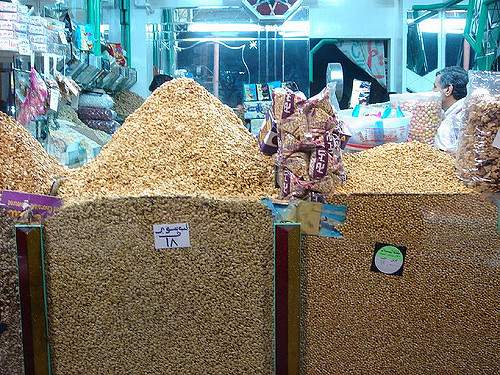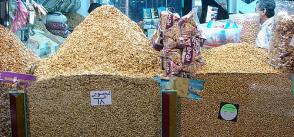
Could ancient seeds from the arctic ice be key to enhancing food security in Egypt?
On February 22 2017, The International Center for Agricultural Research in the Dry Areas (ICARDA) deposited more than 15,000 samples from its seed collection as safety duplications for eternal safekeeping in the ice of an arctic vault on the island of Svalbard. The seed deposit ensures that Egypt – and other countries – can always benefit from the plant genetic resources that ICARDA’s vital seed collection provides, as the seeds will be safely stored in the vault – forever.
“We are demonstrating today that we can rely on our genebanks and their safety duplications, despite adverse circumstances, so we can get one step closer to a food secure world,” said Mr. Aly Abousabaa, ICARDA Director General during the deposit ceremony.
ICARDA holds in trust one of the world’s largest and most unique collections of genetic plant material with a total of 153,000 different samples of landraces and wild relatives from the ‘Fertile Crescent’ in Western Asia, the Abyssinian highlands in Ethiopia, and the Nile Valley. Many plants are now extinct in their natural habitats.
Read the full article via ICARDA web site.
[Photo by David Lisbona | Flickr]







